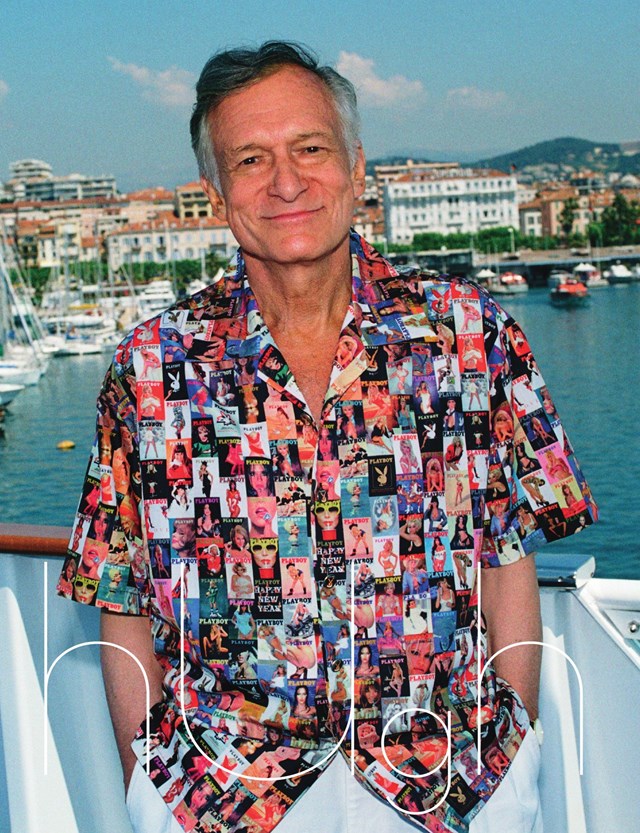All Work, All Play: Hugh Hefner in His Own Words
- TextJefferson Hack
As the Playboy founder passes away, we revisit his 2007 interview with Jefferson Hack, published in Another Man
Taken from the A/W07 issue of Another Man.
At its height in the 60s Playboy was selling over a million copies a month, and its founder Hugh Hefner has been paving the way for independent publishing ever since. His was the first international magazine brand, with line extensions that included its infamous clubs, film production, jazz festivals and clothing lines. But Playboy was also a magazine with something to say. It ushered in the sexual revolution and challenged the sexual hang-ups of late 50s and early 60s America. Its legendary interviews featured political heavy weights like Fidel Castro, Malcolm X and Jimmy Carter alongside entertainment’s bad boys, Frank Sinatra, John Lennon and Muhammad Ali. Flick through back issues and you’ll find literary greats like Norman Mailer, Truman Capote, Ian Fleming and Joseph Heller.
Playboy the brand may now be associated with airbrushed glamour models like Jordan and cheap reality TV but Hugh Hefner himself is still a publishing revolutionary. His surprising 50th anniversary issue in 2004 was a case in point, featuring a candid Jack Nicholson interview, serious essays from Mailer, David Mamet, Jonathan Safran Foer and Chuck Palahniuk and a memoir by the late founder of the Paris Review, George Plimpton about his time as editorial director of Playboy.
Hugh Hefner is the world’s most famous silk pyjama-wearing bachelor, with two, then at one point, seven, and now the more manageable three girlfriends. Another Man caught up with “Hef” on the phone while “off duty” at the Playboy Mansion.
Jefferson Hack: You wrote over 200,000 words outlining the Playboy Philosophy in the early issues. Have you been true to your intentions?
Hugh Hefner: Absolutely. In the 1960s, the magazine began to publish a lot of fiction, we did Playboy interviews and dealt with more serious subjects. That was the other half of who I was. I was always a kid who dreamed those dreams of a lifestyle that came out of movies, but I also had this other side of me that had strong feelings about racial equality, sexual emancipation and things of that kind. That’s what the philosophy is all about, making a case for sexual revolution.
JH: Have we become more liberal as a society since then?
HH: I think that we’re more liberal but I think we remain, underneath, a pure people, so it is like two steps forward and one step back.
JH: Does that make you disappointed in some respects?
“The 80s was the most difficult time, when Reagan got into the White House” – Hugh Hefner
HH: It is something I recognised early on because I was raised in a very Puritan home. I am an 11th generation descendant of William Bradford who came over from England on the Mayflower. The Puritans left England to escape religious persecution and then turned around and started persecuting the people they didn’t agree with – the Scarlet Letter and the stocks. A lot of those taboos had to do with sexuality.
JH: Do you think in the 1950s you could have created a magazine like Playboy in the UK?
HH: There was the same potential. The same hang-ups exist there. We are brothers under the skin.
JH: What was your darkest hour?
HH: The 80s was the most difficult time, when Reagan got into the White House. They had an anti-pornography thing going on that included any kind of sexual thing, including Playboy. On a personal level it was a difficult time for me too. I had a stroke and got married two years later. There was a direct connection. I had ridden the waves and I felt that marriage would be a safe harbour.
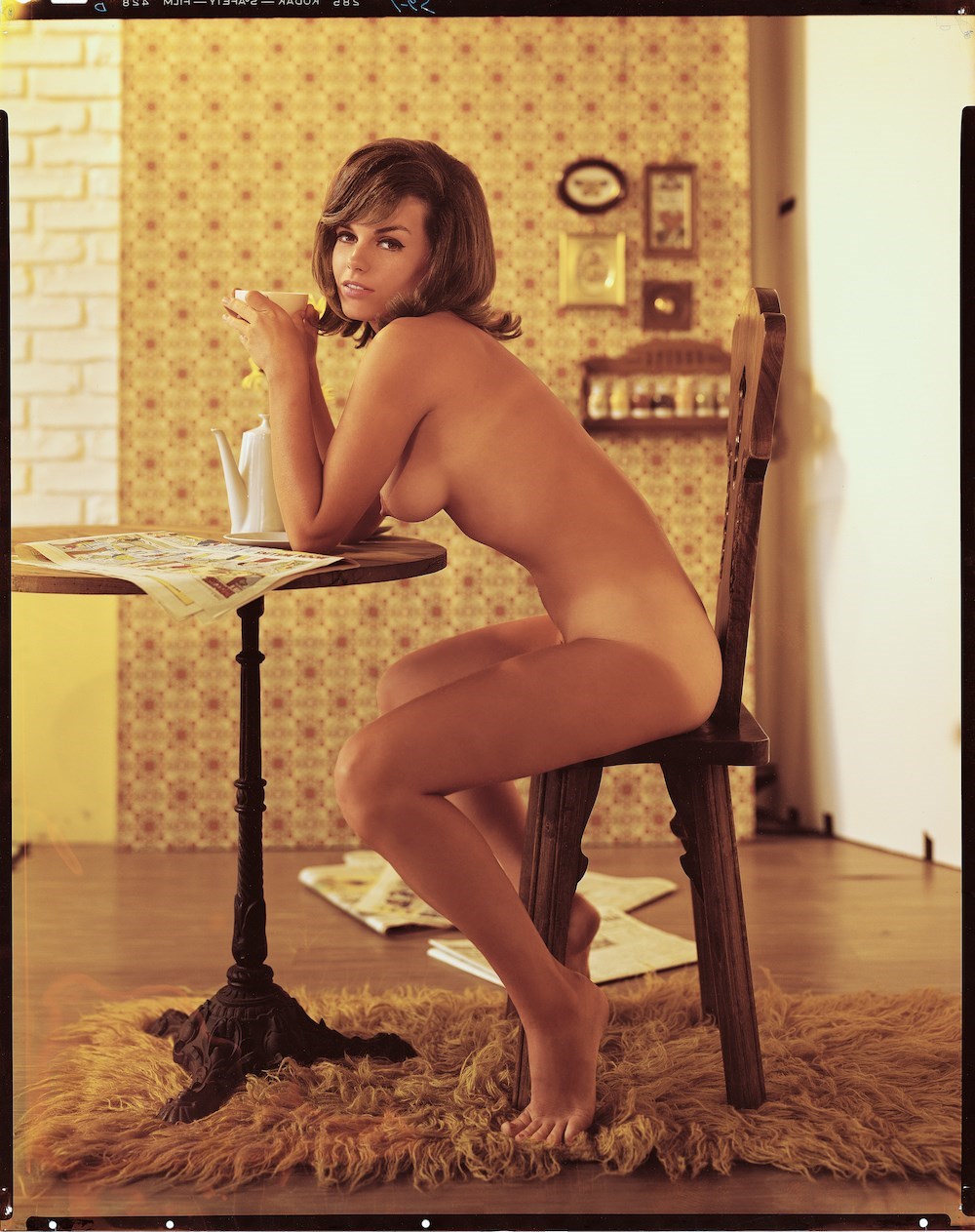
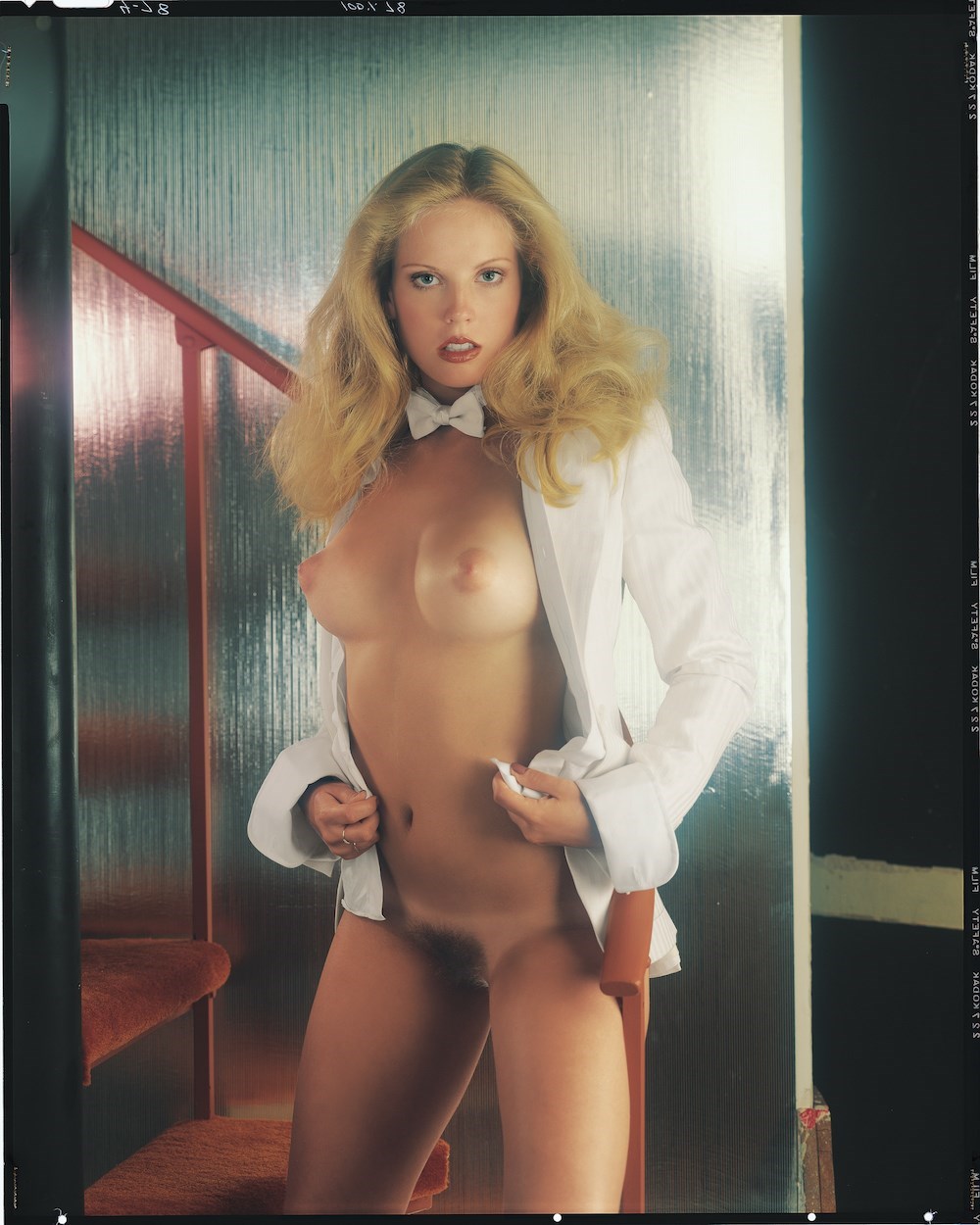
JH: That period obviously made you stronger in a lot of ways.
HH: The curious thing is that I didn’t imagine a time would come when society would begin to change again. When I came out of that marriage in 1998, I discovered a new generation waiting for me to come out and play. So, the last eight years have been the best time of all. I think it was F Scott Fitzgerald who said there were no second acts in American lives. Well, I’ve discovered a third act!
JH: What gives you the greatest pleasure in life?
HH: My greatest pleasure is, apart from romantic love, any sort of sexuality. The second is the continuing positive response to the magazine. Usually in terms of pop culture, something is hot for a relatively brief period of time. But Playboy is half a century old.
JH: We’ve lived through an incredible boom time. Yet creating a lot of freedom has also come with its own set of limitations.
“My greatest pleasure is, apart from romantic love, any sort of sexuality” – Hugh Hefner
HH: I do think there are mixed messages. We make all these technological and scientific advances and at the same time we are victims of a set of religious values around the world that make us rather like super-savages. A lot of our decisions, on a global level as nations, are very irrational. We pit men against one another.
JH: You’ve always managed to balance social consciousness with the sense of having a good time and being your own man. Tell me a little bit more about your foundation?
HH: In 1965, I established the Playboy Foundation as a way of trying to change laws and attitudes. We supplied the money that led to abortion reform and birth control reform. We played a part in advancing racial equality. Personal freedoms are very important to me, but I think a person has to be realistic. We are only here for a little while and all we can do is try to live life with some style and try to make a difference in ways we think are important. You can’t hope for much more than that.
JH: I love that you put ‘style’ in there. What do you think is the most important quality in a gentleman?
HH: I think it has to do with your attitude towards life.
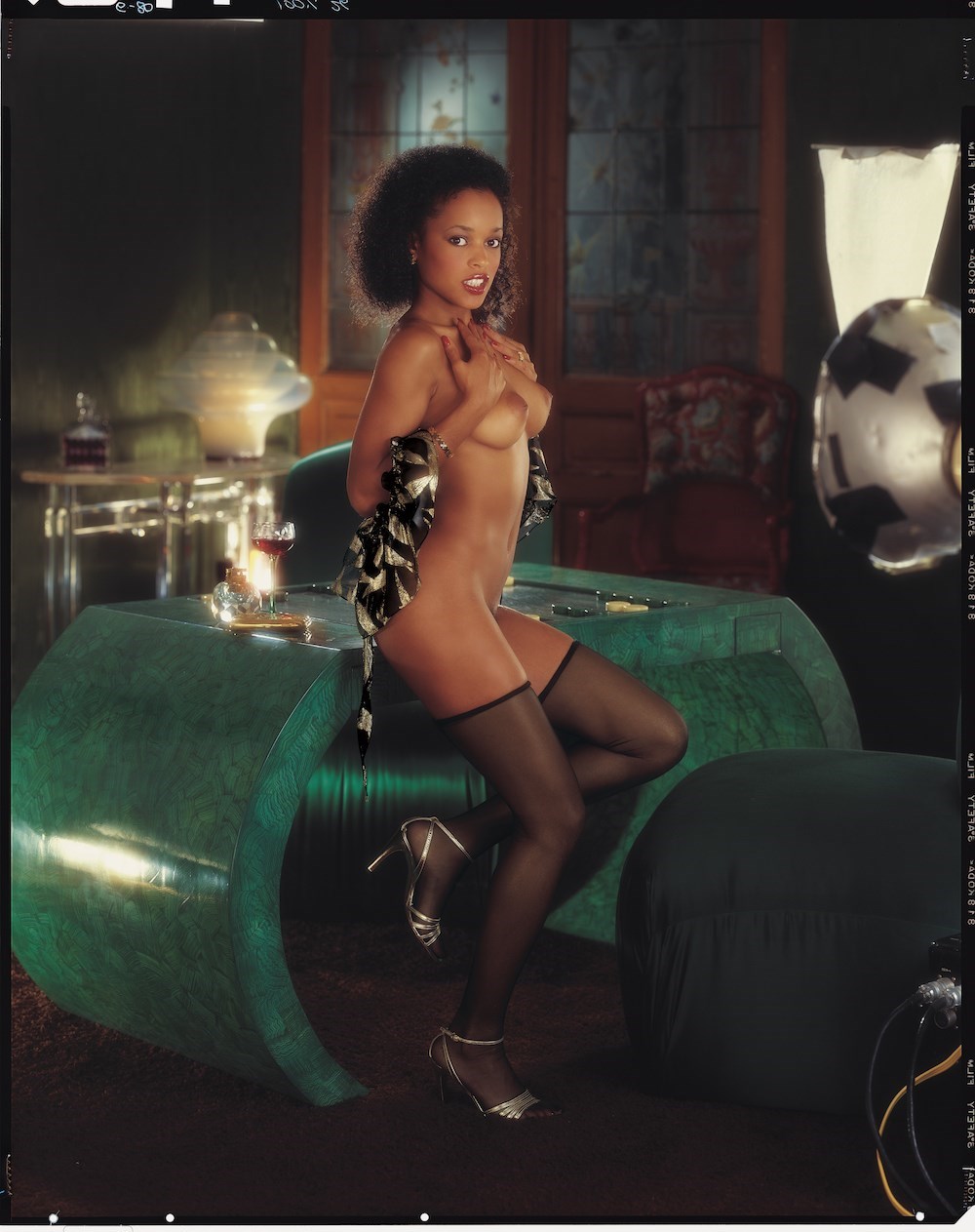
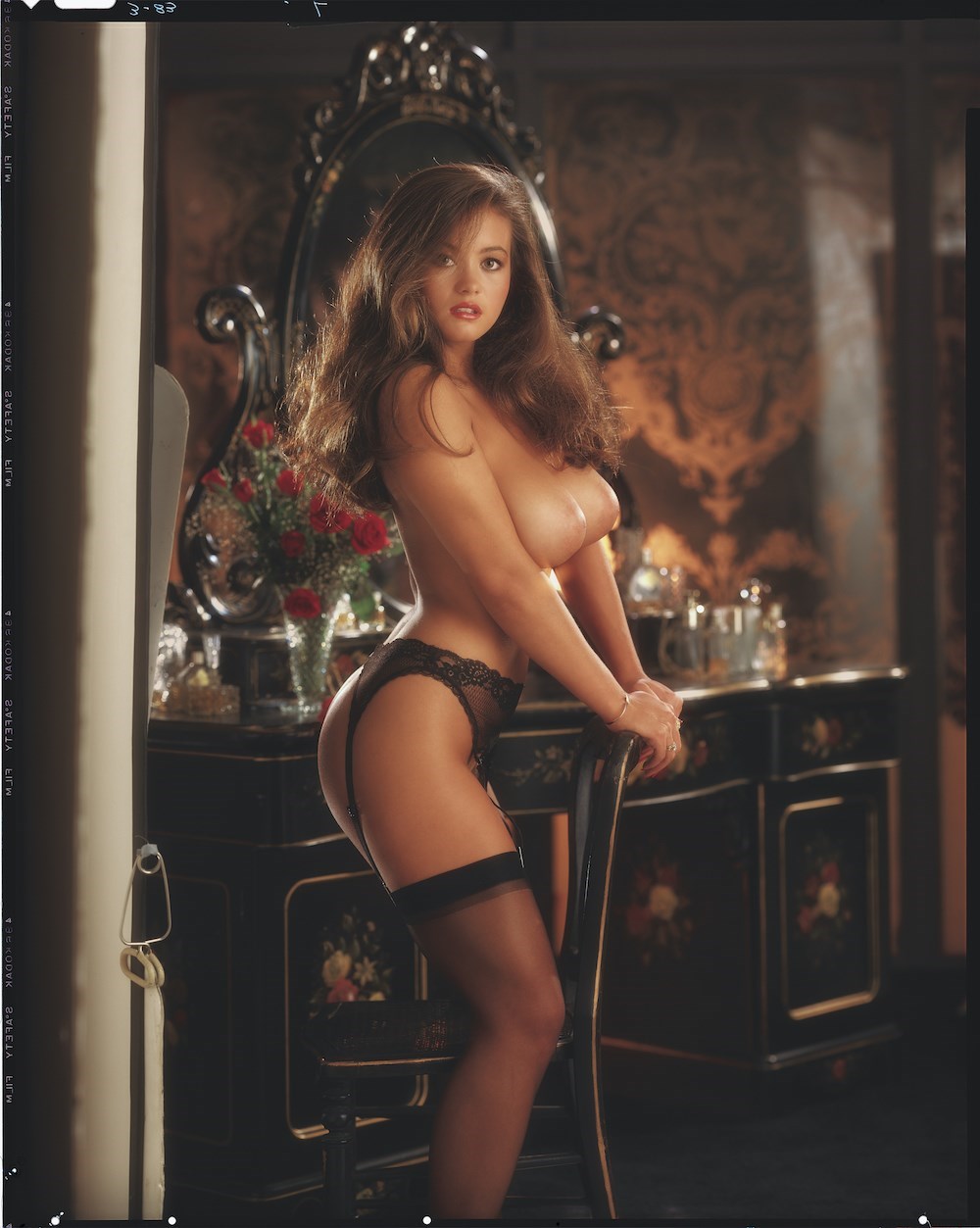
JH: Would you consider yourself a workaholic?
HH: Pleasure is just as important as work and you get your identification from both. But, increasingly, we have free time and there is something more to living than just sitting in front of the television set drinking beer and watching sporting events.
JH: And what is that? A lot of men would see that as nirvana.
HH: I think the alternative is living with some style.
JH: There’s a rumour going around you are thinking of settling down.
“I used the magazine, without question, as a stage for reinventing myself” – Hugh Hefner
HH: I have three girlfriends, but one of them is particularly special and that’s Holly Madison. The three girls are part of this television show, which has turned out to be beyond anything we could have imagined, because it is a huge hit in America and around the world.
JH: Do you think it has provided you with an alternative kind of therapy because you have been forced to analyse your own relationships constantly on television?
HH: Even as a small boy, I was fascinated with the ‘why’ of the way we behave. It’s why I majored in psychology when I went to the University of Illinois. But what is wonderful about this show is that it is so hugely popular with young females. It’s the other half that was missing from the Playboy success in the 70s and 80s when some of the women’s movement viewed Playboy as chauvinist. A new generation of women is now embracing the Playboy trademark as one of empowerment.
JH: Did you become the magazine or did the magazine become you?
HH: Both. I used the magazine, without question, as a stage for reinventing myself. Most of that came early on when I hosted a television show called Playboy Penthouse. I opened the first Playboy nightclub in Chicago, moved into the Playboy Mansion and within a year I was world famous and living out the Playboy life.
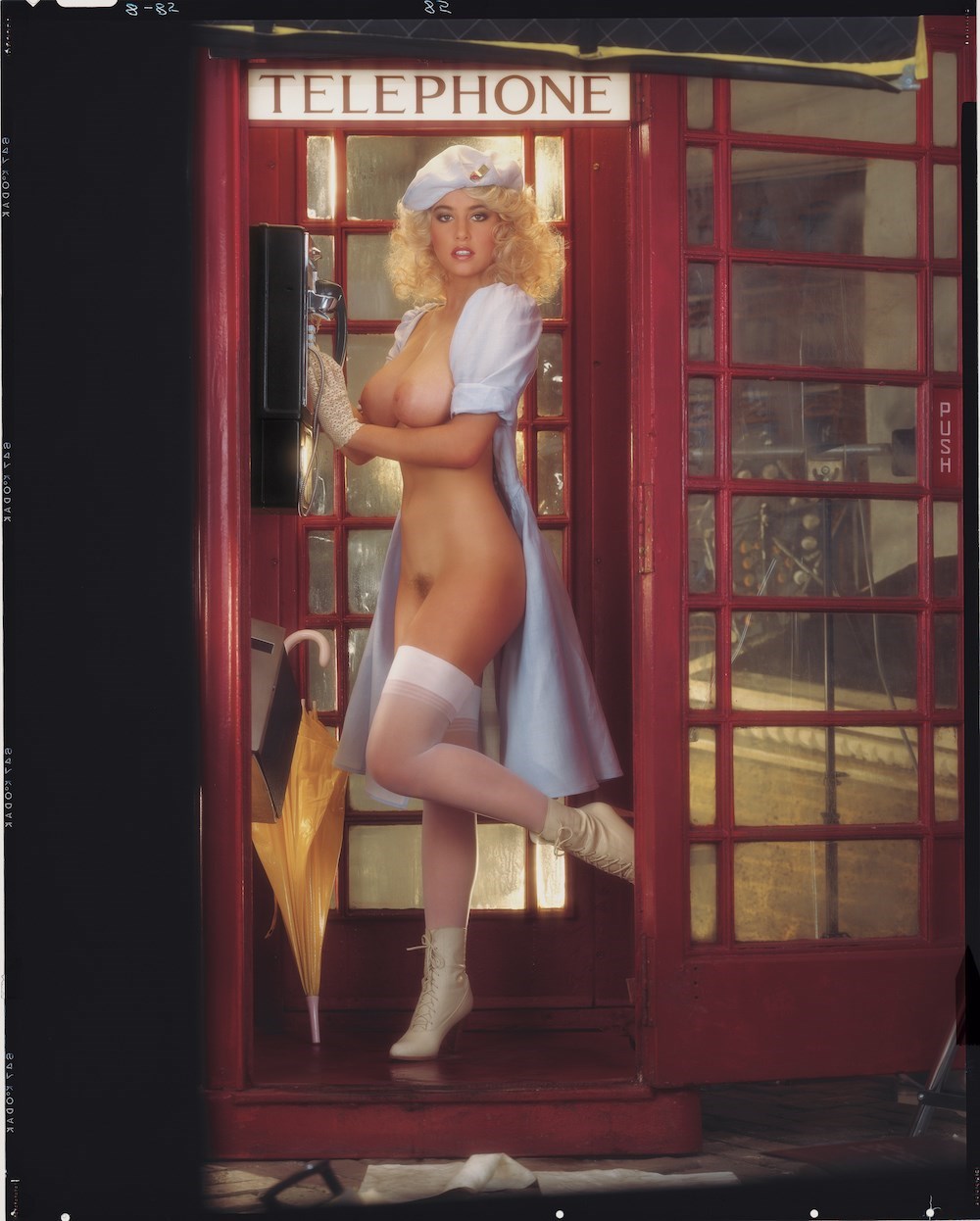
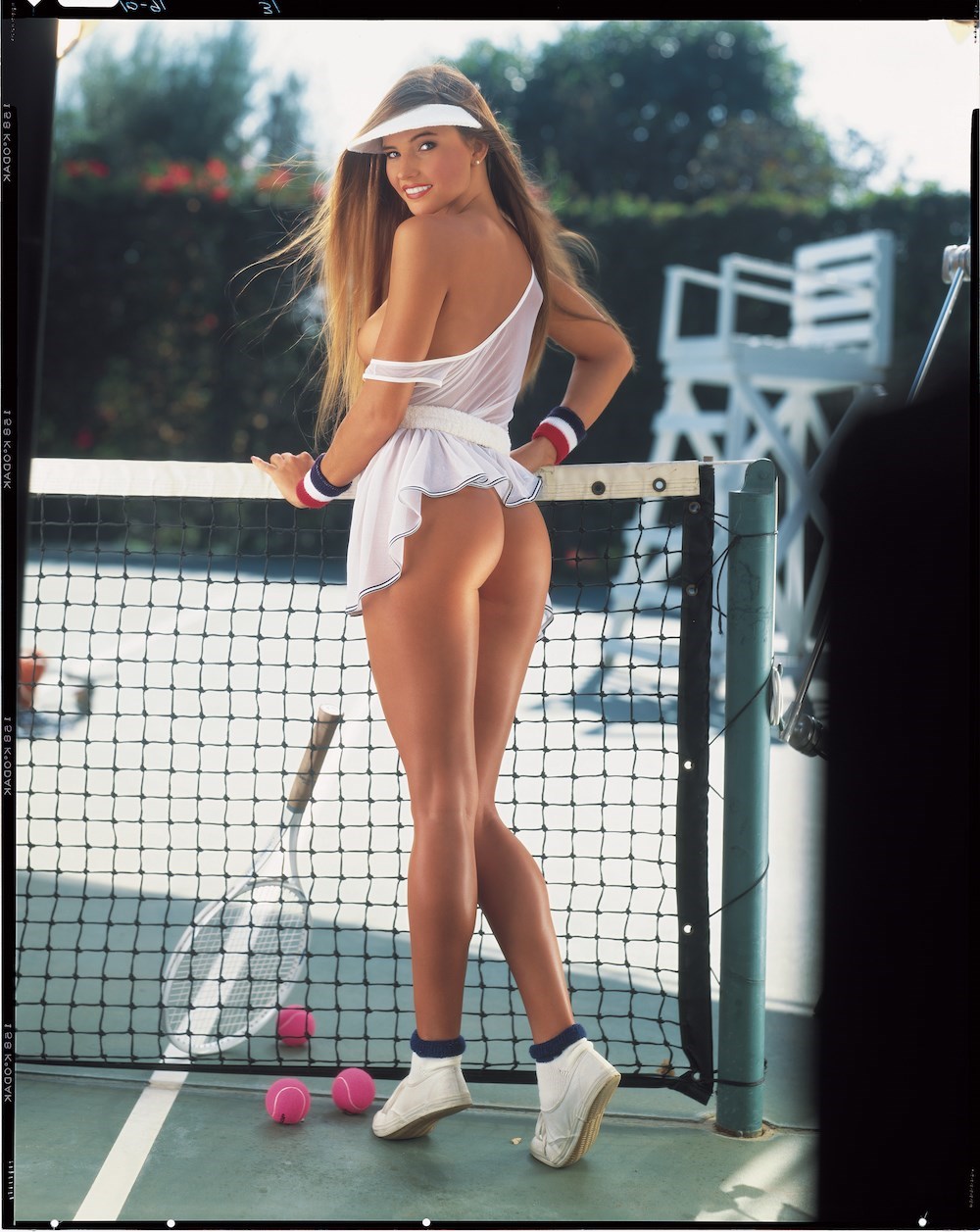
JH: Did you ever dabble with drugs?
HH: Never hard drugs. When I was building the empire, I worked round the clock and I used Dexedrine. It was still legal then. On a recreational level, in the 70s I smoked marijuana and at the same time tried to make some sense out of drugs, both legal and illegal, in terms of editorials in the magazines. I’ve certainly had close friends who’ve had serious problems with drugs, but it’s not been a problem for me.
JH: For your 81st birthday you attended Cirque de Soleil’s Love and I wanted to ask you, is love more important than sex?
HH: Yes, without question. But I think they go together very nicely.
JH: And what is the greatest love of your life?
“[I would like to be remembered] as someone who had a positive impact on the time in which he lived” – Hugh Hefner
HH: Holly Madison.
JH: The greatest love is the one that is most in the moment?
HH: Yes, but it is more than that. It has to do with the fact that despite our age difference, I have found a girl who is the closest I could come to a soul mate and who enjoys the same things I enjoy.
JH: How would you like to be remembered?
HH: As someone who had a positive impact on the time in which he lived.
Images are taken from Playboy: The Complete Centrefolds which is out now, published by Chronicle Books.
